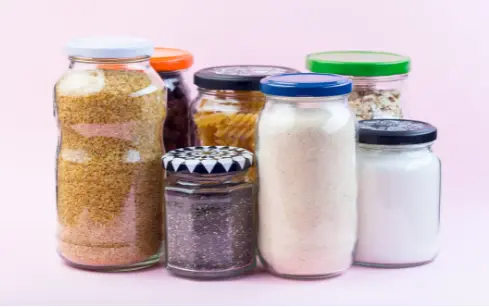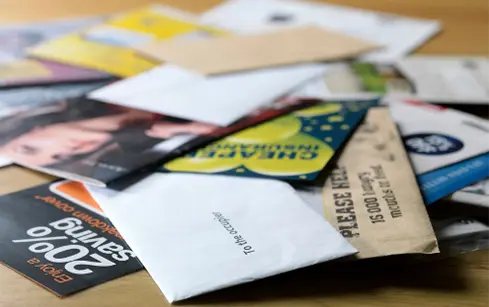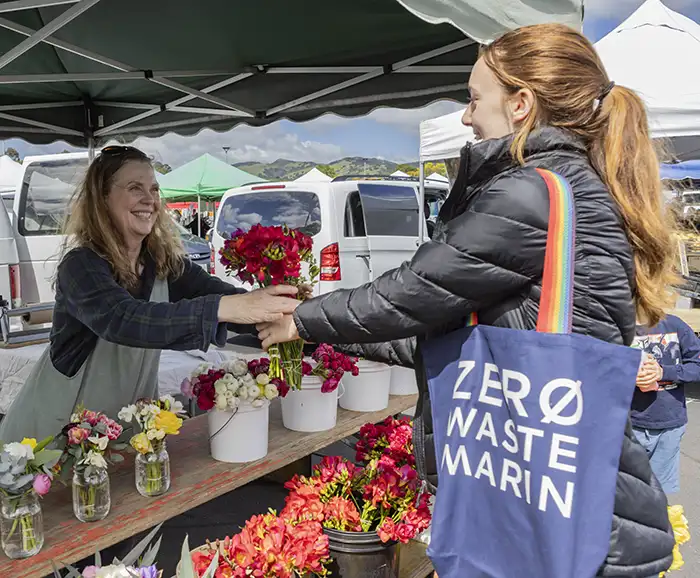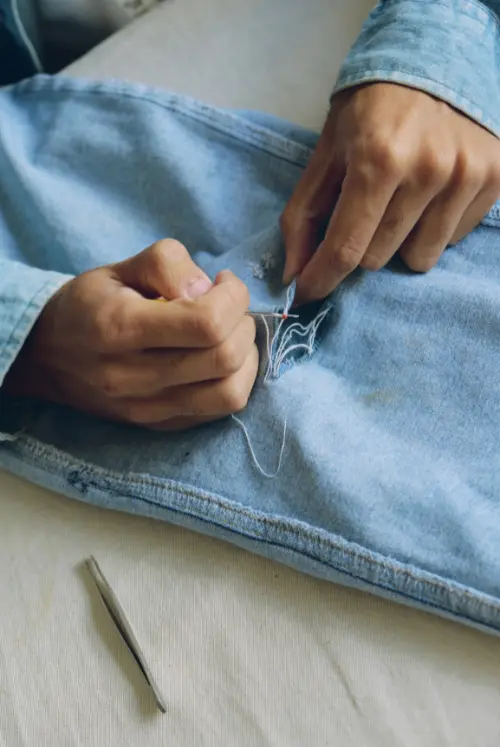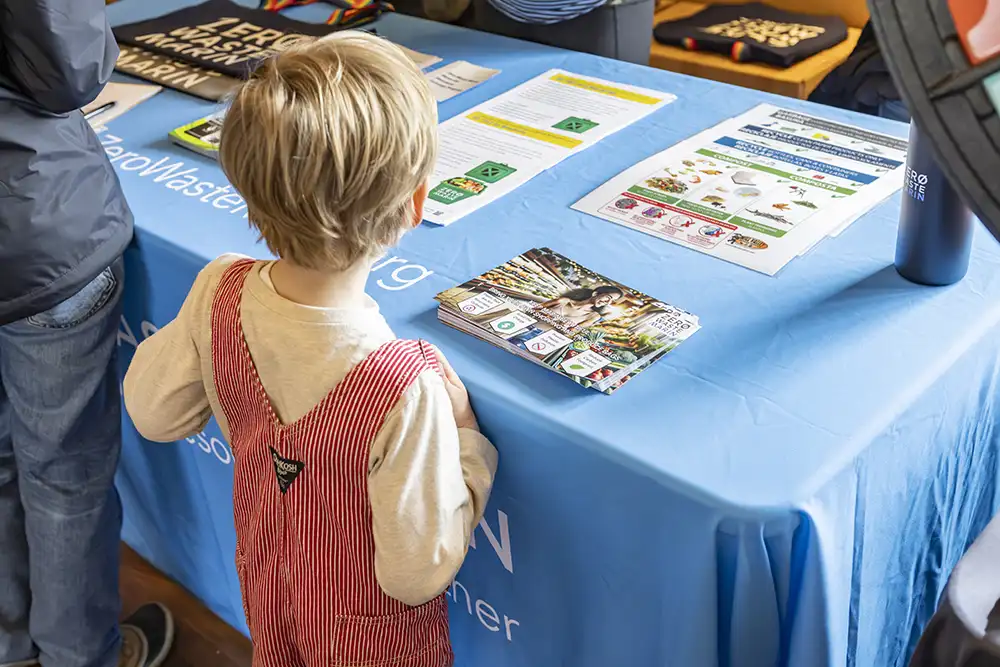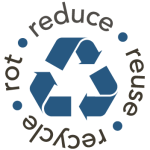
Looking for ways to reduce waste at home? A good place to start is by remembering the “4Rs” framework: Reduce, Reuse, Recycle, and Rot (Compost). These four “Rs” are in that order for a reason! It is most important first to think about how we can reduce waste before it is created, then consider how to reuse what we already have, before what we can recycle and rot (compost).
Click through the tabs below to explore ways to integrate zero waste principles at home!

